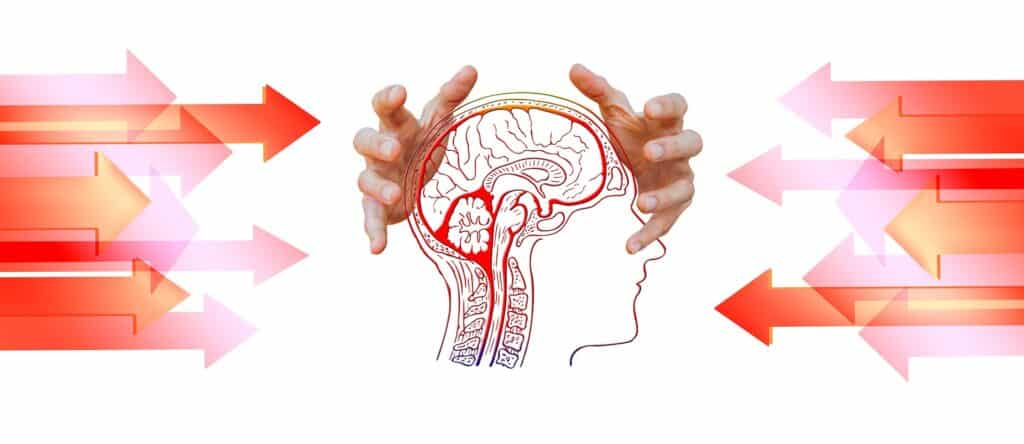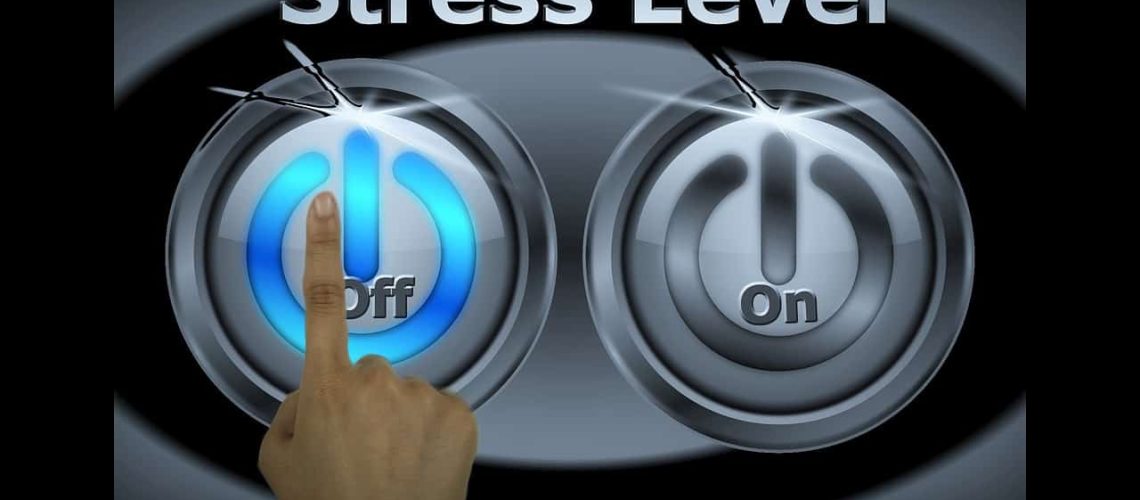Stress is an inevitable part of life. It can come from a variety of sources such as work, relationships, and finances. Although stress is a normal response to challenging situations, chronic stress can have harmful effects on the body and mind. For some individuals, stress can become addictive, leading to a cycle of stress and anxiety that can be difficult to break. In this essay, we will explore why humans become addicted to stress, the neurological and physiological responses and effects, and the solutions to prevent this addictive response.
Why Humans Become Addicted to Stress:
Humans become addicted to stress for several reasons, including a desire for stimulation, a need for control, a sense of achievement or reward, and the belief that stress is necessary for productivity.
Desire for Stimulation:
Some individuals become addicted to stress because they find it stimulating. Stress can activate the body’s fight or flight response, which can produce a surge of adrenaline and a feeling of heightened alertness. This can lead to a sense of excitement and energy, which some individuals find addictive. They may seek out stressful situations to get this rush of adrenaline and stimulation.
Need for Control:
Stressful situations can also give individuals a sense of control. When faced with a stressful situation, they may feel that they have the power to influence the outcome. This feeling of control can be empowering and addictive, leading them to seek out stressful situations to maintain this sense of control.
Sense of Achievement or Reward:
For some individuals, stress can provide a sense of achievement or reward. They may believe that stress is necessary to accomplish their goals, and the feeling of accomplishment after completing a stressful task can be addictive. This can lead them to seek out stressful situations to feel this sense of accomplishment and reward.
Belief that Stress is Necessary for Productivity:
Finally, some individuals become addicted to stress because they believe that stress is necessary for productivity. They may believe that without stress, they will not be able to perform at their best. This can lead them to seek out stressful situations to maintain their productivity levels.
Neurological and Physiological Responses and Effects:

Chronic stress can have significant neurological and physiological effects on the body. It can lead to the release of cortisol, a stress hormone, which can disrupt sleep, suppress the immune system, increase blood pressure, and contribute to the development of conditions such as anxiety, depression, and cardiovascular disease. It also affects the musculoskeletal, gastrointestinal, respiratory and central nervous systems.
Cortisol:
Cortisol is a hormone that is released by the adrenal gland in response to stress. It is designed to prepare the body for the fight or flight response. When cortisol levels are elevated for long periods, it can have harmful effects on the body. Chronic stress can cause cortisol levels to remain elevated, leading to a variety of health problems.
Sleep Disruption:
Cortisol can disrupt the body’s natural sleep-wake cycle. It can make it difficult to fall asleep, cause frequent waking during the night, and lead to early morning waking. This can lead to sleep deprivation, which can have harmful effects on the body and mind.
Immune System Suppression:
Cortisol can suppress the immune system, making individuals more vulnerable to infections and illnesses. It can also reduce the effectiveness of vaccines and increase the risk of developing chronic illnesses such as cancer.
Increased Blood Pressure:
Elevated cortisol levels can increase blood pressure, which can put a strain on the heart and lead to cardiovascular disease.
Mental Health Conditions:
Chronic stress can also contribute to the development of mental health conditions such as anxiety and depression. It can lead to changes in brain structure and function, including reduced volume in the hippocampus, which is important for memory and learning.
Solutions to Prevent Addictive Response:
To prevent addiction to stress, individuals can incorporate stress-management techniques into their daily routine, such as meditation, deep breathing exercises and regular physical activity. Setting realistic goals and prioritising self-care can also help to reduce chronic stress levels, this can include seeking support from a coach, therapist or counsellor who can help you manage your stress and prevent addiction.
You can also take charge of this for yourself and learn how to self-regulate your emotional and psychological state.
By developing emotional and psychological resilience, individuals can better navigate life’s ups and downs and maintain a sense of well-being and optimism. These skills can be developed through a combination of self-care, supportive relationships, and intentional practice.
The process I developed has been split into two courses; one for personal use as an individual and is called “The Immediate Care Process”, the second is designed for mental health specialists and coaches of all types to use with their clients and is called “The Somato-Limbic Metacognitive Process”. or “SLM Process” for short.
The link below will take you to my course page which will provide you with much more information about what the processes are designed to do and the content of each course.
The first course that may interest yours you have read this far may well be :The Physical and Psychological Effects of Stress and Fatigue.” You can find it at the following link:
https://simon-maryan.thinkific.com/courses/the-physical-psychological-effects-of-stress-fatigue
https://simon-maryan.thinkific.com/collections
Subscribe and keep up to date with new episodes and more in the Simon Lee Maryan Podcast – Mind Matters.
For more from Simon Lee Maryan check out the links below:
To see other videos check out this link – https://simonmaryan.com/videos/
If you like to listen to audio podcasts click here – https://simonmaryan.com/podcast/

